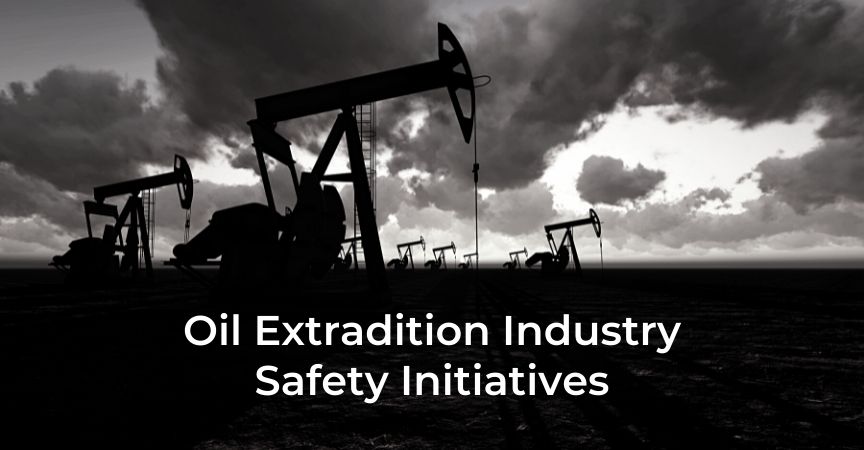The oil extraction industry has become known as one of the most dangerous occupational fields. Workers are constantly exposed to conditions that require heightened awareness and attentiveness due to operating heavy machinery, handling chemicals, and working amid unstable environmental conditions.
Federal and private organizations have been implementing and enforcing safety regulations for decades, yet catastrophic and fatal incidents continue to occur every year. The U.S. Bureau of Labor Statistics reported 44 occupational fatalities in private sector oil and gas extraction industries in 2020, the last year of available data. Thousands of other injuries were reported ranging from slip-and-fall incidents to chemical burns.
Oil extraction companies are responsible for maintaining a safe working environment for their employees. With the concern of preventable accidents, many employee safety organizations have scrutinized the working conditions in oilfields and mandated strict regulations for operating procedures that promote safety on the job.
The United States Department of Labor’s Occupational Safety and Health Administration (OSHA), which regulates and enforces safety standards and workers’ rights, believes that most oilfield accidents are preventable and has identified common causes of injury and death among oilfield workers to heighten awareness:
- Vehicle Accidents
- Struck-By/ Caught-In/ Caught-Between Machinery
- Explosions and Fires
- Falls
- Confined Spaces
- Chemical Exposures
In addition to regulating worksites, OSHA’s mission includes supplying resources, training, and assistance to help companies eliminate hazards and maintain safe and productive worksites. Many private safety equipment companies like Honeywell and Workrise promote safe working environments in oilfields, providing education and training resources, personal protection equipment, as well as relevant research on the environmental impacts such as methane emissions.
To maximize safety awareness in the oil extraction industry, the American Petroleum Institute’s Onshore Safety Alliance urges all oil field companies to take extra precautions to provide a safe working environment for their employees. Simple additional steps can be taken to protect the physical and mental well-being of oilfield workers:
- Complete a Job Safety Analysis Process to help develop a safety program tailored to the job site.
- Provide additional PPE to all employees to prevent overexposure to noise, chemicals, and other hazards.
- Train employees in the specifics of the industry and provide regular safety updates on machinery, job site changes, and expectations.
- Provide advanced education on the science of oil and gas extraction.
- Provide all required safety signage as well as additional safety information.
- Hold supervisors to a high standard of safety.
- Complete timely equipment maintenance.
Providing in-depth training, safety gear, and equipment maintenance are all simple ways to avoid accidents that can potentially cause serious injury. It is inexcusable for organizations to disregard safety procedures to prioritize profit. Unfortunately, this along with careless mistakes on the job lead to preventable accidents. When an accident does occur, it is important to hold the responsible parties accountable.
Rodriguez & Associates has decades of experience representing those injured in the oilfield because of someone else’s negligence, including obtaining $4.5 million for a defective oilfield derrick and $3.5 million for a worker who sustained injuries after an oilfield crane dropped on him. We understand the concerns and frustrations that working families face when an earner is no longer able to work due to injury. Contact our Bakersfield office today to schedule a free consultation of your case.
